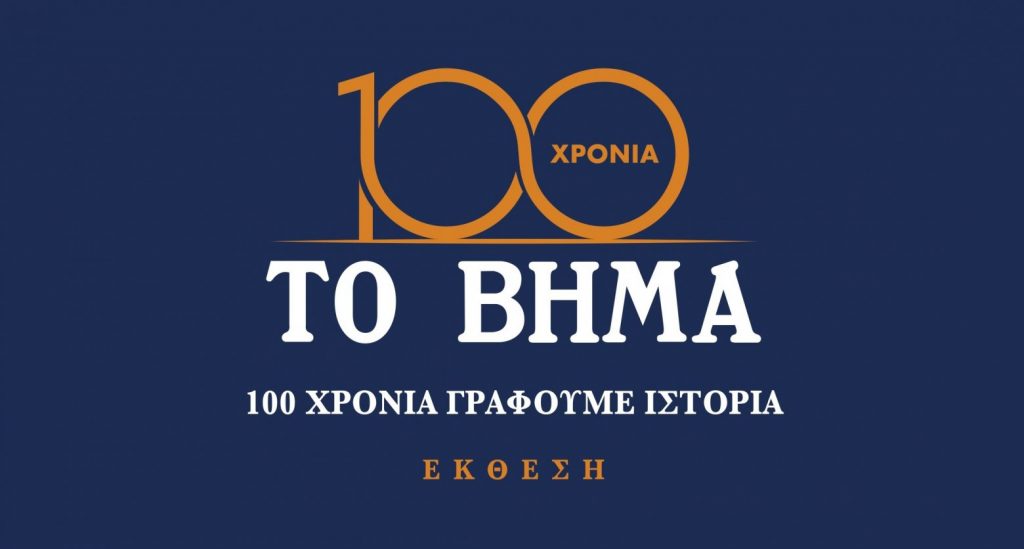
Editorial To Vima: On the right side of history
What is unusual, perhaps, is the toxicity and fanaticism with which a segment of the Greek political world is approaching the electoral process this time around.
Ineluctably, and with a stable pace, the country is heading toward general elections.
“There is a scent of elections,” the prime minister said recently, and just six months before the end of his government’s constitutional term, it could not have been otherwise.
This is all the more true because electoral scenarios this time around foresee two successive general elections.
There is nothing unusual in all this. Elections have always been an inextricable part of democracy. Many have been held and there will be many more in the future.
What is unusual, perhaps, is the toxicity and fanaticism with which a segment of the Greek political world is approaching the electoral process this time around.
It is unusual because fanaticism is not a sign of democratic culture. On the contrary, it undermines the post-electoral functioning of democracy.
Moreover, no party ever won an election simply because it was more fanatical than its opponent.
To Vima in its first 100 years in print did not only go through periods of tranquillity or without getting its feet wet.
It served democracy and the press with the ethos, decency, and culture that they deserve and that reflect its basic convictions. It may have made unavoidable mistakes, but it was always on the right side of history.
From its founding, it supported the reformist and patriotic programme of statesman Eleftherios Venizelos.
Already in the 1930s, the newspaper had a Western outlook and a European orientation, expressed with rationalism and broad intellectual horizons.
It stood up to far-right dictatorships, communistic insidiousness, palace intrigues, and every form of anti-democratic practice and anti-social machination.
To Vima played a leading role in deepening democracy in the post-regime change era, after the fall of the junta in 1974. It functioned as a pillar of our contemporary culture.
Even recently, during the protracted economic crisis, it stood up to the authoritarian and populist aberration.
Naturally, To Vima will remain in the frontline in maintaining democratic stability.
This is not only for historical reasons or because it lies at the core of the newspaper’s identity.
It is because democratic stability is the precondition for social and institutional normalcy, economic growth, individual prosperity, and justice – all those things to which To Vima has devoted itself during its century-long history.
I.K. Pretenteris
Ακολουθήστε το in.gr στο Google News και μάθετε πρώτοι όλες τις ειδήσεις







![Άκρως Ζωδιακό: Τα Do’s και Don’ts στα ζώδια σήμερα [Σάββατο 08.03.2025]](https://www.in.gr/wp-content/uploads/2025/03/pexels-ken-cheung-3355734-5489489-600x400.jpg)












































 Αριθμός Πιστοποίησης Μ.Η.Τ.232442
Αριθμός Πιστοποίησης Μ.Η.Τ.232442